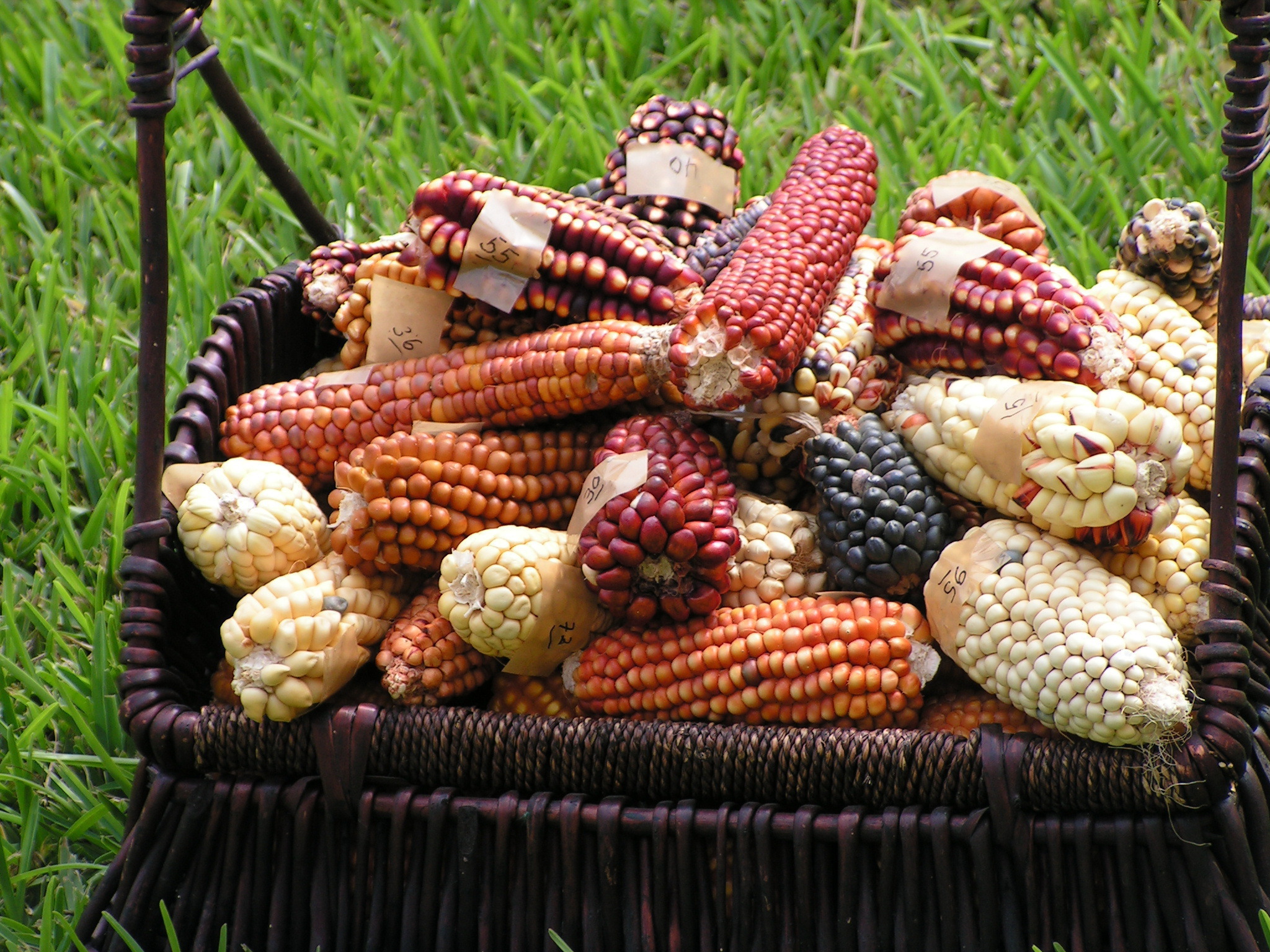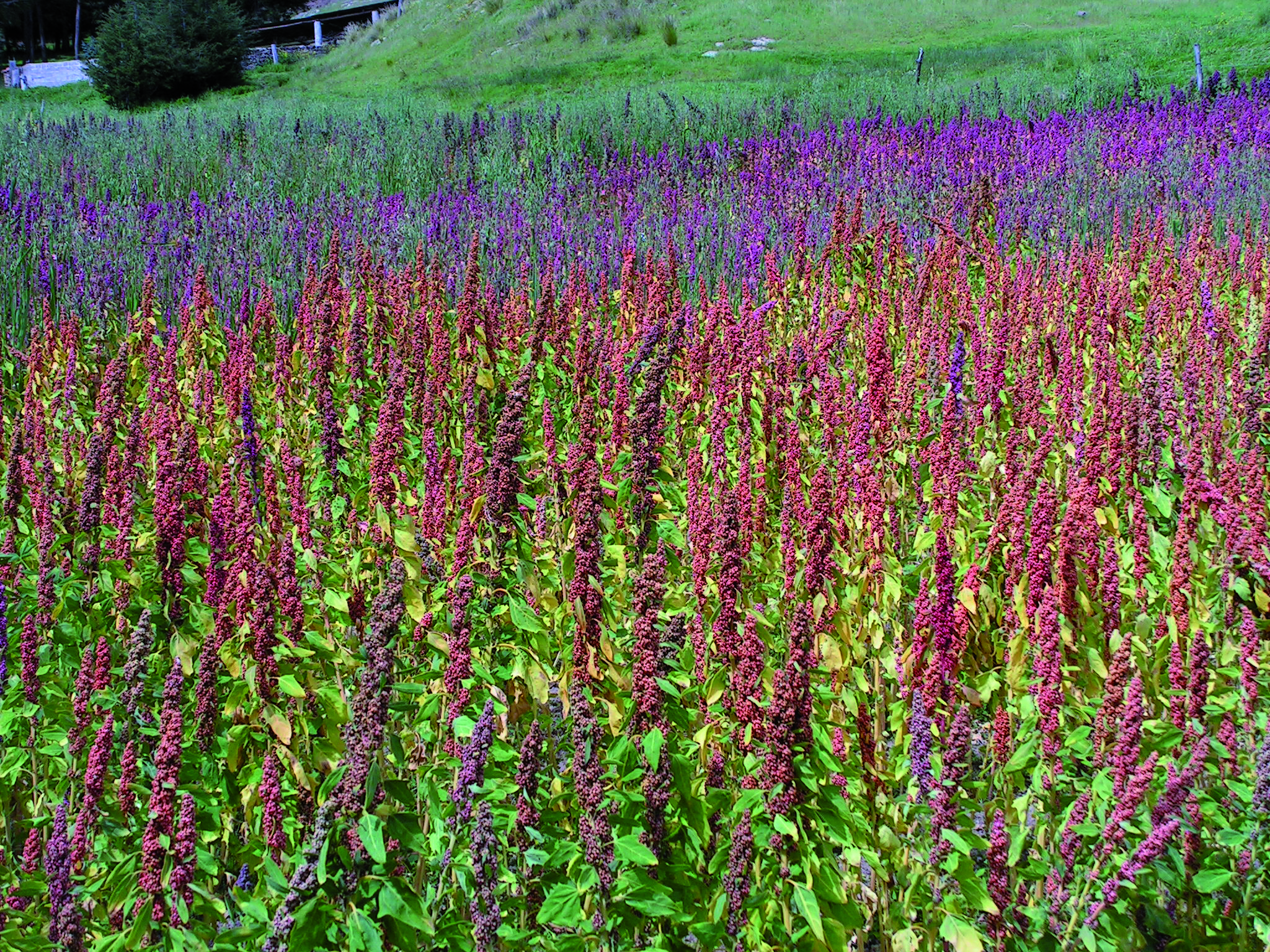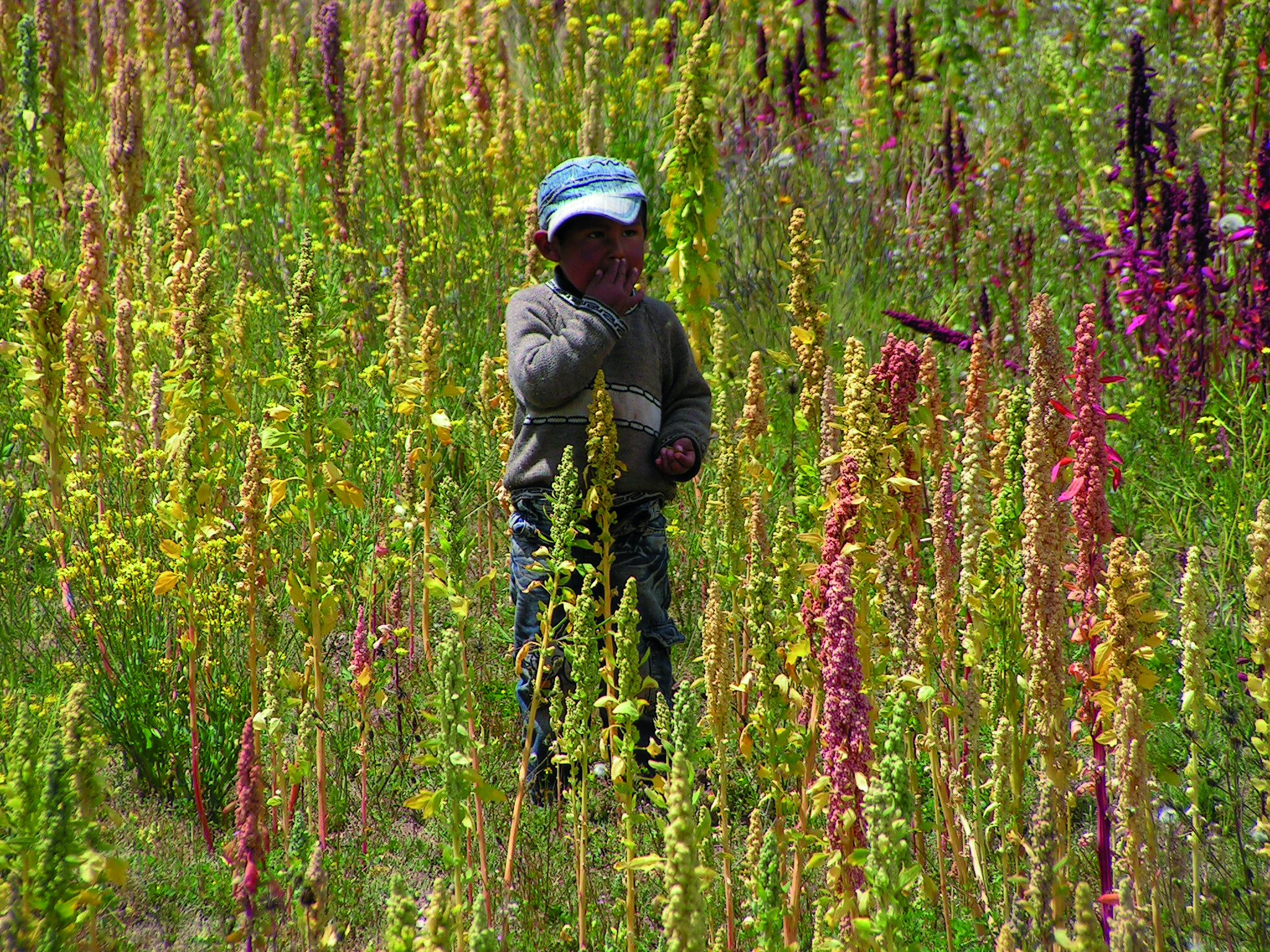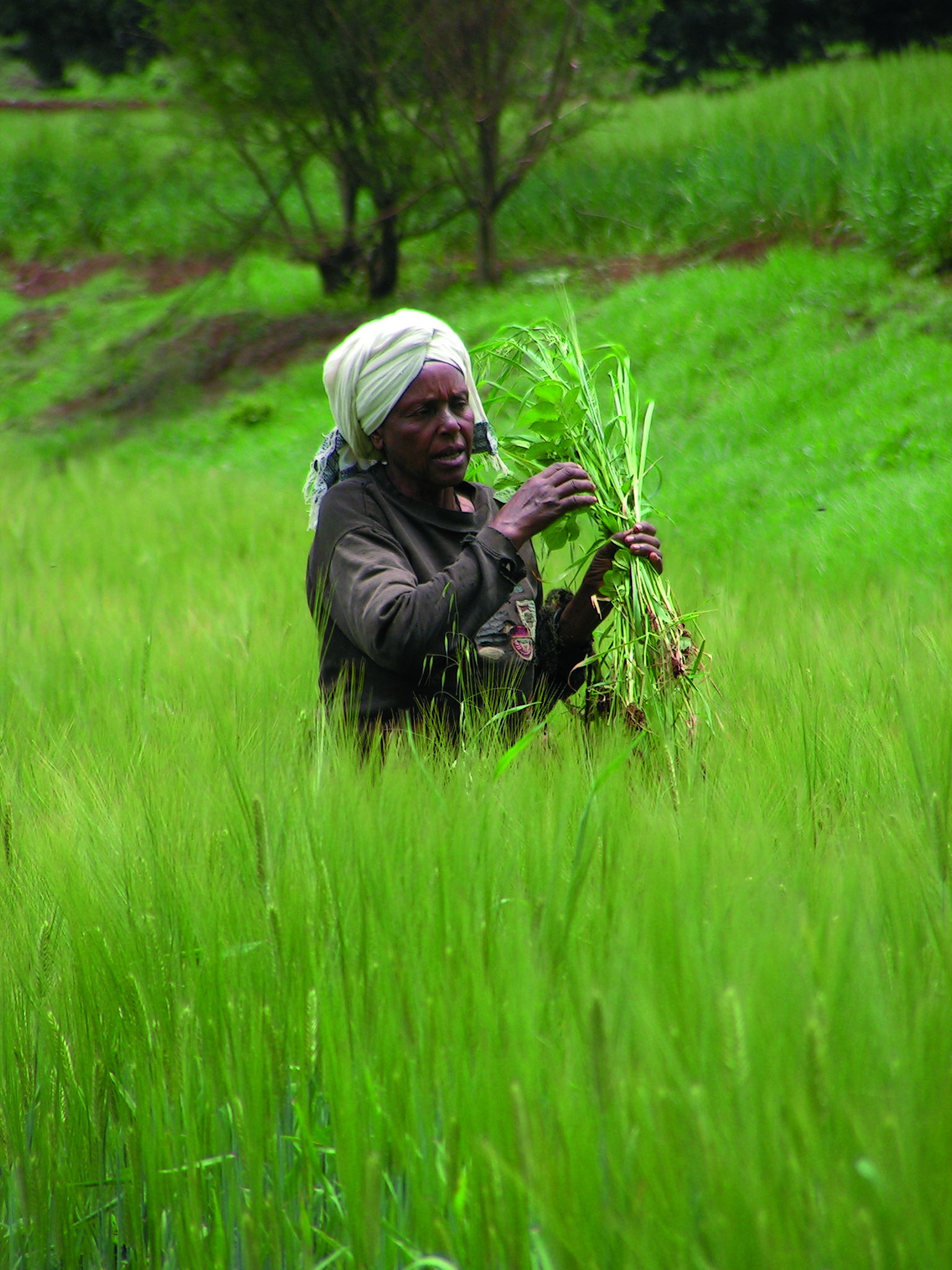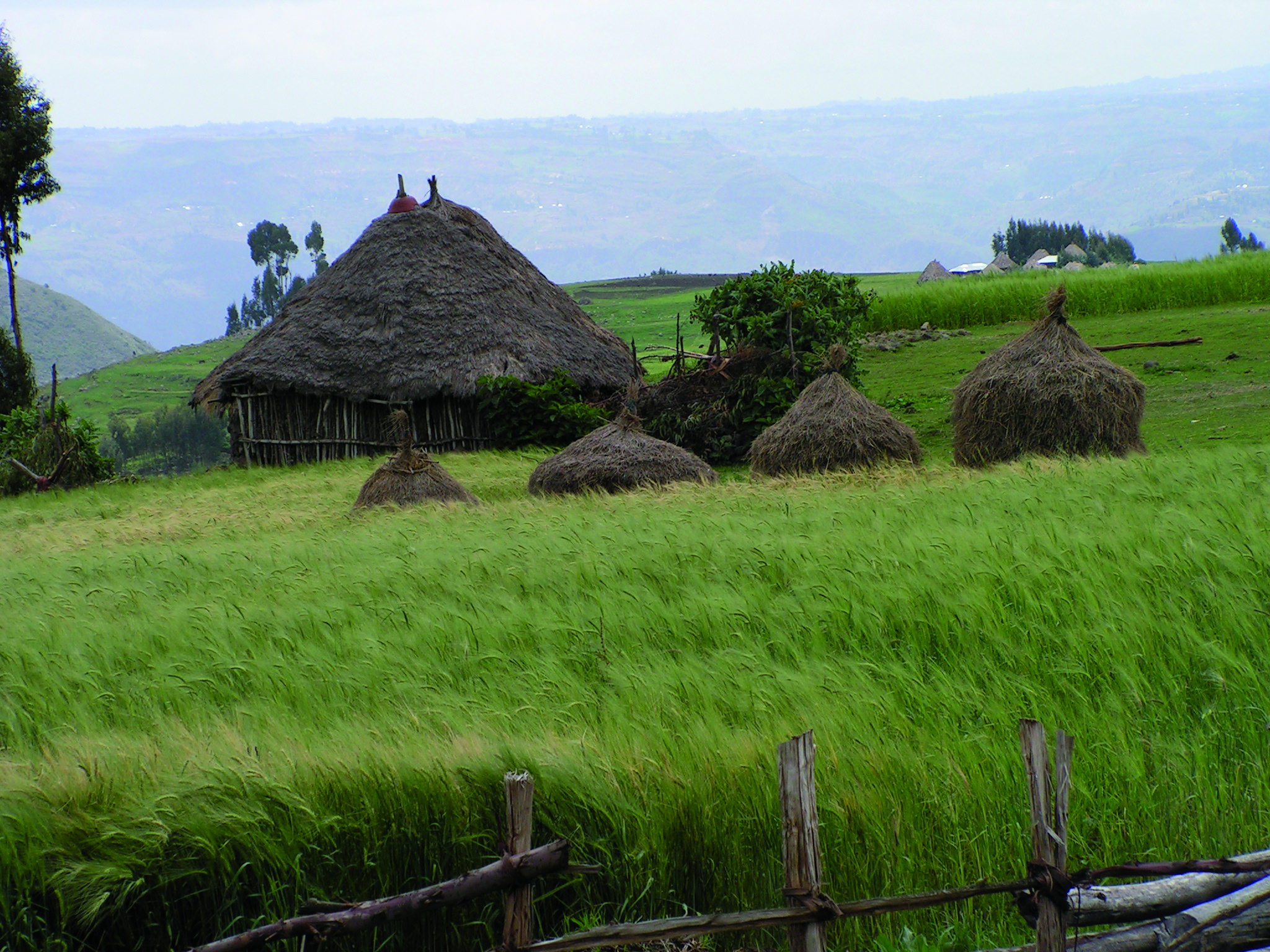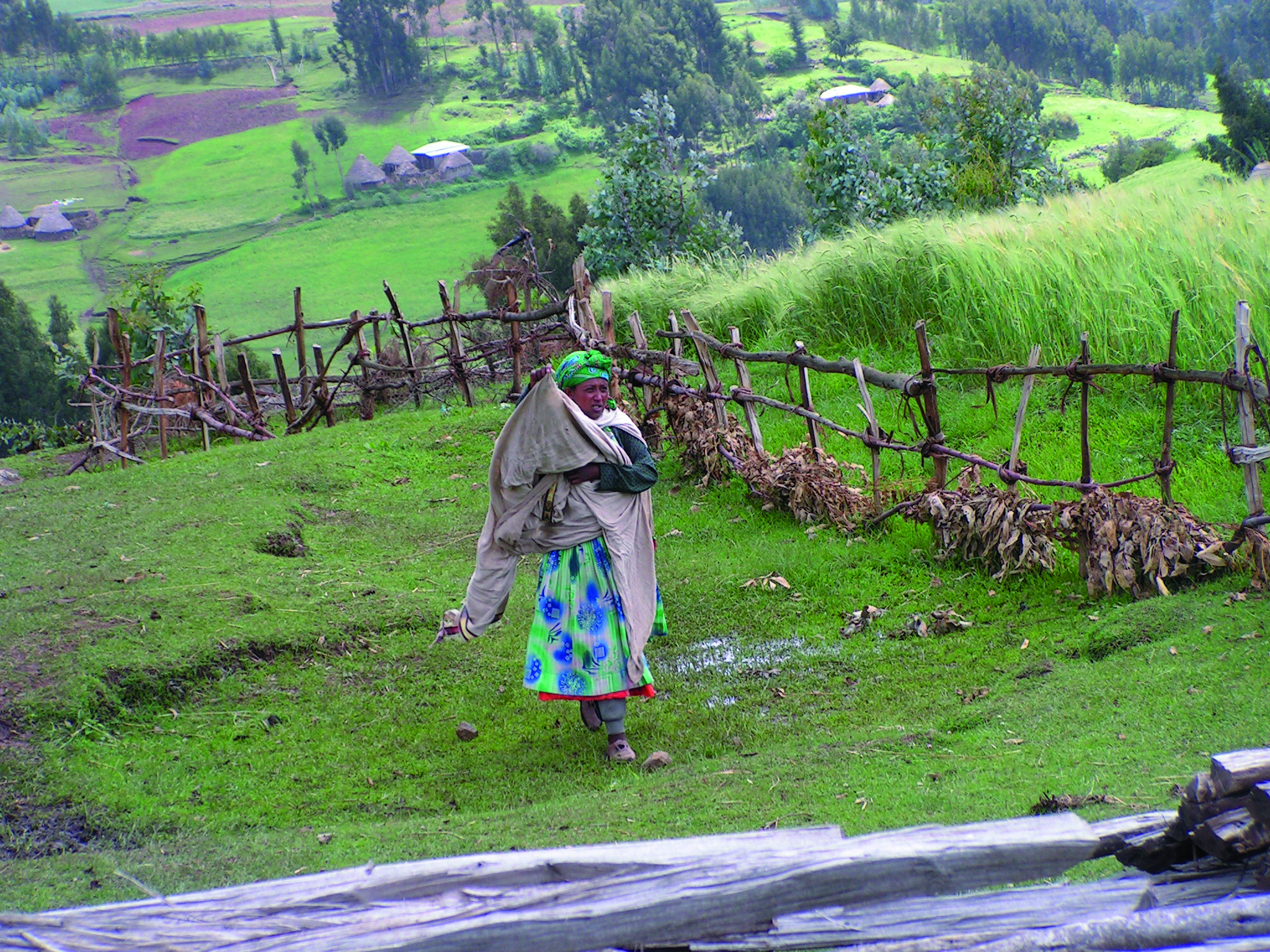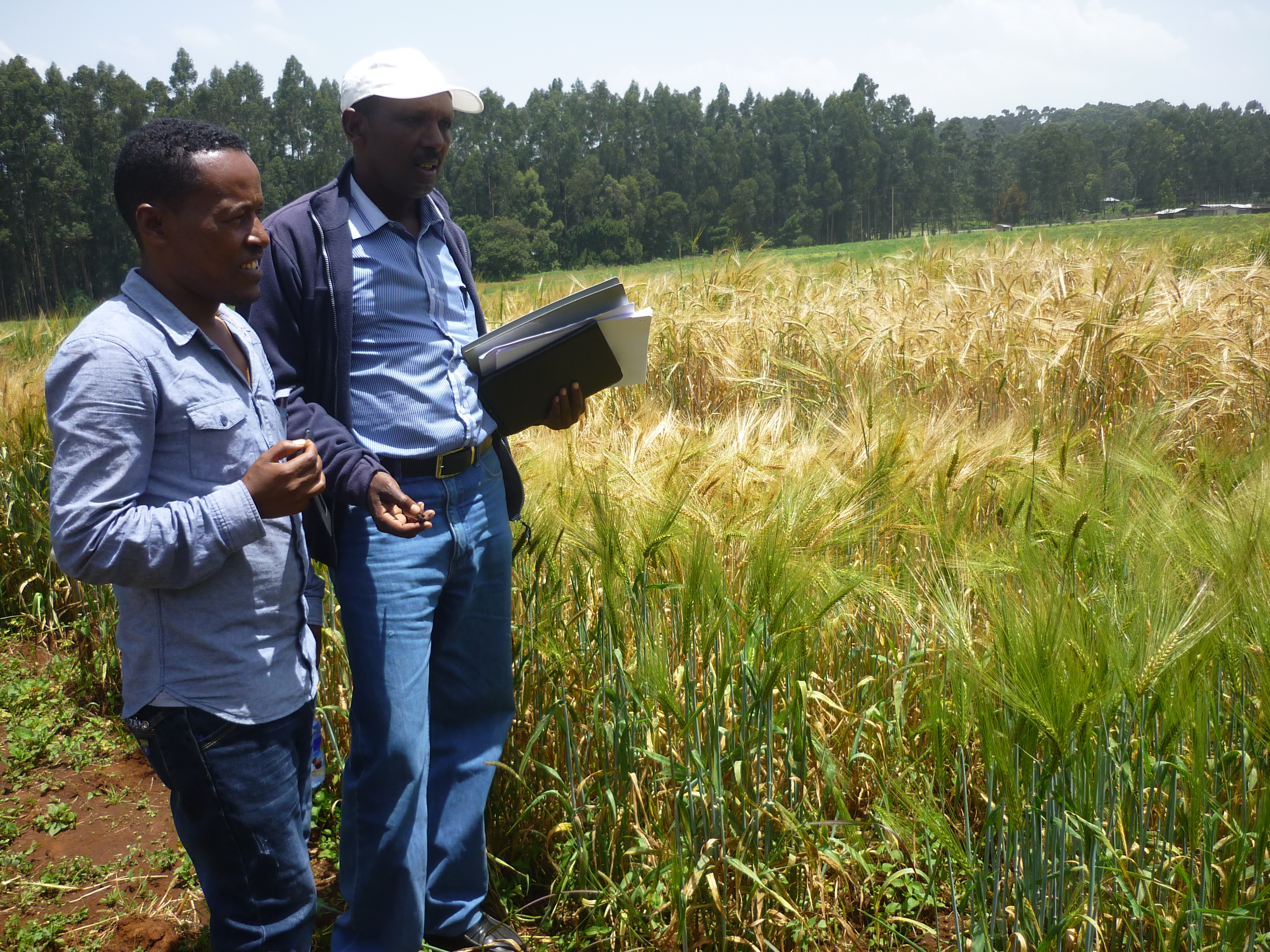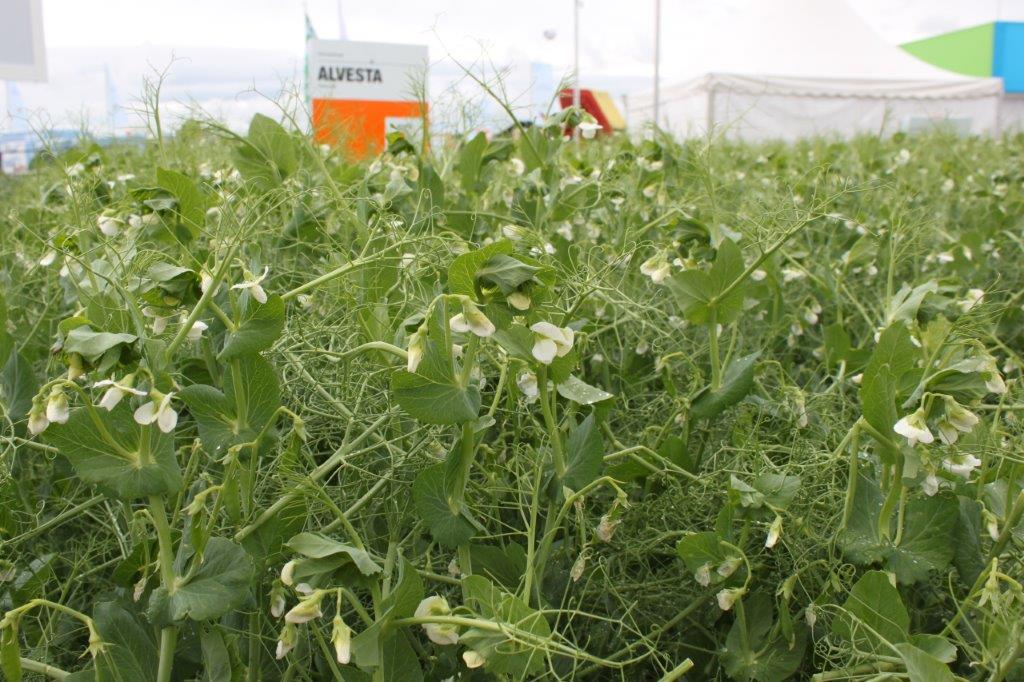Capacity Development
Previous activities and first results
Managing genetic maize resources efficiently
Together with the National
Agrarian University in La Molina, we are working
on the optimisation of the
management of genetic resources of maize in the UNALM gene bank.
- Characterisation with respect to agronomic characteristics of 1,781 maize seed samples from various ecological zones of Peru
- Characterisation with respect to genetic material with modern "genotyping-by-sequencing" (GbS) techniques
- Creating a database
- Training of a scientist in database creation, GbS techniques and data analysis at the University of Hohenheim
Strengthening national maize breeding programmes
Together with the National Institute for Agricultural Innovation (INIA, Cusco), we have been able to develop improved maize varieties for widespread acidic soils.
- Training in various methods of population improvement, comparison of each expected and realised profit of selection (field trials are still being run)
- Studies on the tolerance of newly bred maize populations and local maize varieties to acid soils: Identification of superior varieties for the Selva regions
Development of new quinoa breeding strategies
A study of the genetic diversity of twelve quinoa varieties has led to six new populations and to the identification of genome regions for different traits.
- Study of genetic diversity of twelve quinoa varieties with almost fifty thousand molecular markers
- Creation of new genetic variation from single and double crossings
- Development of six new populations, as well as identification of genomic regions for different characteristics.
Previous activities and first results
Strengthening barley and wheat breeding
- Provision of 20 German barley and wheat varieties for transferring quality traits into local varieties
- Training employees in different methodologies
- Training scientists in marker-assisted selection and the development of double haploids in Germany
- Provision of breeding equipment and material
Use of genetic resources
- Training employees in gene bank management at the Leibniz Institute for Plant Genetics and Crop Plant Research (IPK) in Gatersleben
- Repatriation of 7,200 barley samples
- Provision of gene bank equipment and material
Promotion of small farmers
- Distribution and monitoring cultivation of seed samples from improved barley and wheat varieties, with so far more than 2,000 small farmers
- Redistribution of the obtained seed after harvest to small farmers
- Cautious estimates assume that 9,000 farmers have been equipped with seed of superior varieties
Discover more
Your contact

